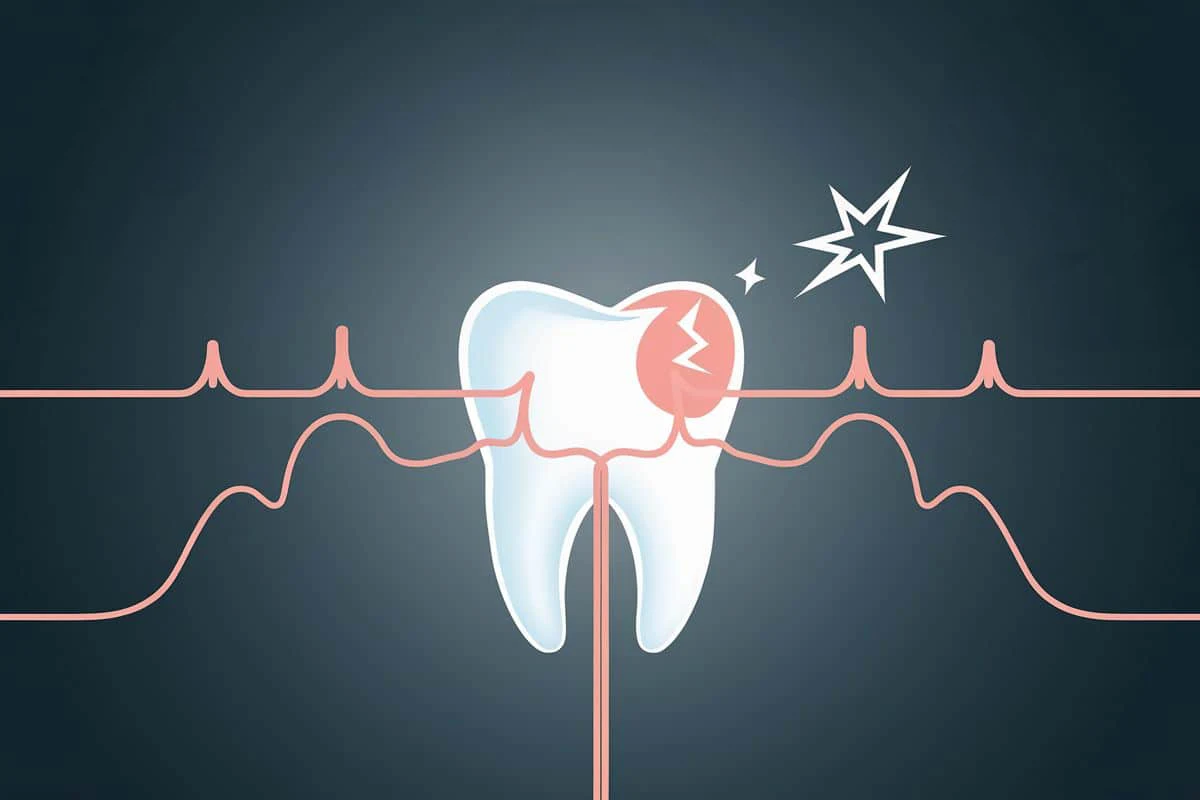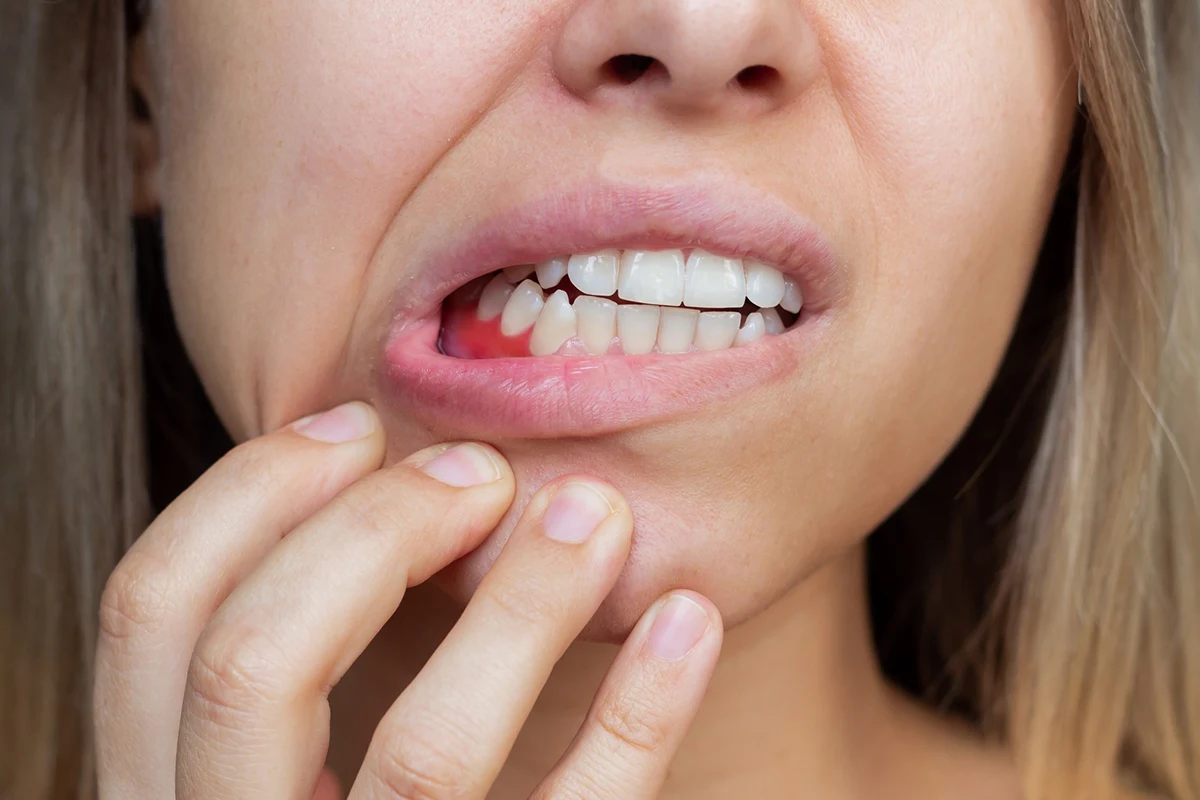Do you have small white spots on your teeth? You’re not alone! The emergence of these unsightly spots can have several causes and often leads to insecurities.
Our teeth have a uniform layer of enamel that protects the dentin from wear and makes them smooth. This enamel is considered the hardest substance in the body. It contains a high percentage of minerals that provide the necessary strength to protect the teeth. However, enamel can erode for various reasons, leading to white spots on the teeth.
In this article, I’ll explain what causes white spots and how to remove them using modern techniques.
What causes white spots on teeth?
White spots on teeth are usually caused by a buildup of plaque bacteria. This plaque buildup occurs when dental hygiene is compromised, and brushing is infrequent or imprecise. However, certain factors can accelerate the appearance of white spots on teeth even more.

Demineralization of teeth
A common cause of white spots on teeth is the demineralization of enamel. The enamel then loses important minerals such as calcium or phosphorus. These deficiencies occur when bacteria release acid during the breakdown of sugary foods, attacking the enamel. This makes it porous, and white spots appear on the teeth.

Braces can lead to enamel decalcification
The appearance of white spots after wearing fixed orthodontic appliances is common. Since the braces’ brackets are glued to the tooth surface, the latter does not receive enough minerals. The decalcification of enamel is stimulated, and once the braces are removed, white spots remain where the brackets were once glued.
Increased fluoride intake
An excess of fluoride, also known as dental fluorosis, is often observed, especially in childhood. Fluoride is not only found in toothpaste but also in some drinks and pills. Generally, fluoride is good for teeth. However, excessive dental hygiene can overload growing teeth and cause white spots. It’s understandable that parents pay special attention to their children’s dental hygiene, but it’s important not to exceed a certain level of conscientious brushing with children.
Poor Diet
Finally, a poor diet can lead to the formation of white spots on teeth. Acidic foods and beverages in particular (sodas) can attack tooth enamel. As previously explained, an extremely sugary diet can also lead to the growth of acidic deposits that can attack the enamel.
Are white spots on teeth dangerous?
If you notice the appearance of white spots on your teeth but do not experience any pain, there is no immediate danger. However, you should interpret these white spots as a warning sign, indicative of the onset of tooth decay.
Treatment for white spots on teeth
At Dental Geneva, we use a gentle yet highly effective treatment method against white spots on teeth: AIRFLOW®. This air-polishing treatment yields excellent results, especially when treating after fixed dental braces.
Air-polishing disperses a jet of powder-water that gently and effectively removes plaque on teeth and brackets. It even reaches areas difficult to access with a toothbrush or conventional prophylaxis. This treatment not only removes biofilm and early tartar on affected teeth but also frees the entire oral area (tongue, palate, gum) of biofilm.

Treatment steps
Anamnesis: during a preliminary discussion, we examine your teeth and discuss the procedure with you.
Detection of critical points: we then use a dental plaque disclosing solution to identify critical points where biofilm accumulation is too high.
Cleaning: next, the actual cleaning with EMS Airflow takes place. Early tartar, enamel discoloration, and biofilm are removed.
Follow-up appointment: we schedule a follow-up appointment one to three months after treatment to check the elimination of biofilm.
What are the benefits of AIRFLOW treatment?
- Silent treatment
- Particularly gentle on soft tissues
- Can be used on sensitive dental necks
- The surface of the brackets is not attacked
- Prevents tooth decay, gum diseases, teeth mineralization, and gingivitis
- A single application cleans the entire mouth
Any Questions?
Do you still have questions about white spots? Feel free to contact us by phone at 022 732 50 00 or simply schedule an online consultation appointment on OneDoc.


